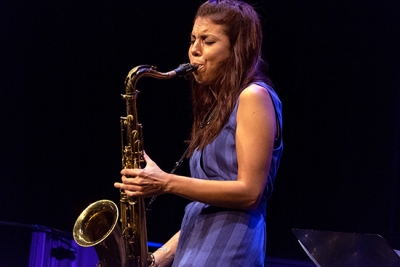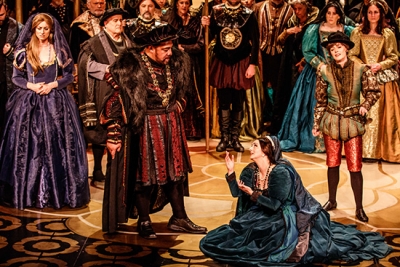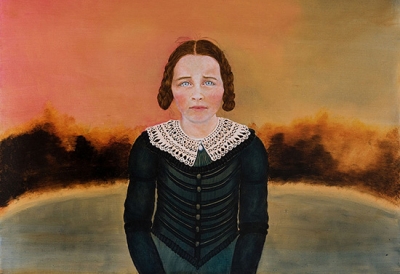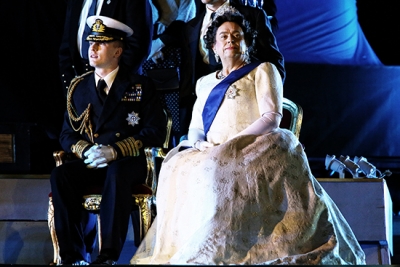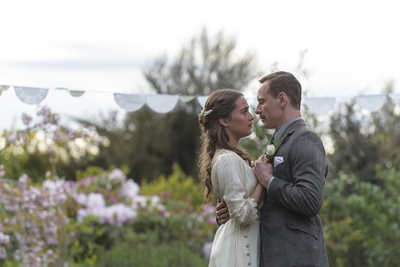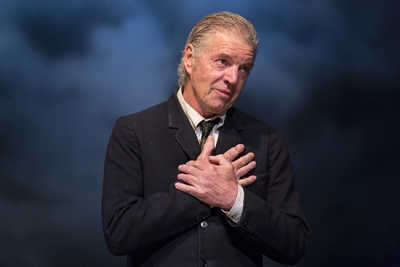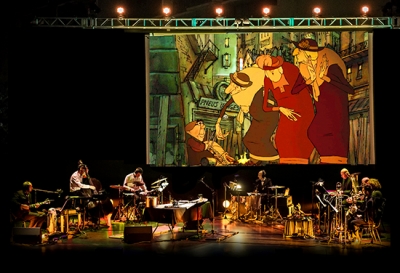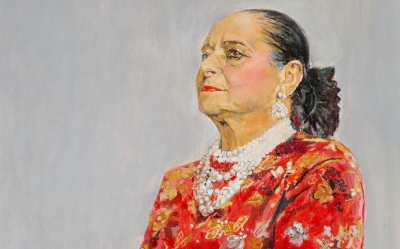Arts
Film | Theatre | Art | Opera | Music | Television | Festivals
Welcome to ABR Arts, home to some of Australia's best arts journalism. We review film, theatre, opera, music, television, art exhibitions – and more. To read ABR Arts articles in full, subscribe to ABR or take out an ABR Arts subscription. Both packages give full access to our arts reviews the moment they are published online and to our extensive arts archive.
Meanwhile, the ABR Arts e-newsletter, published every second Tuesday, will keep you up-to-date as to our recent arts reviews.
Recent reviews
Tartuffe (State Theatre Company of South Australia and Brink Productions) ★★★1/2
Web articles proliferate that aim to show the disparity between Donald Trump’s religious sentiments (‘I think the Bible is certainly, it is the book’) and his decidedly unholy behavior (including, but not limited to, numerous allegations of sexual harassment and assault). It is from within this space ...
... (read more)Ahead of this year’s Wangaratta Festival of Jazz and Blues, Artistic Director Adrian Jackson acknowledged that while he had not intended to develop any specific theme for this year’s program, one had unwittingly emerged: the significant contribution of female musicians to jazz in this country ...
... (read more)Melbourne Opera, in recent years, has established a reputation for enabling keen opera goers (especially bel cantists) to experience rarely performed works. Remarkably or not, this new production marks the first Australian professional production of Gaetano Donizetti’s Anna Bolena, which ...
... (read more)Queensland Theatre Season 2017, Adelaide Festival 2017, Moran Art Prizes, ABR Podcast, Art Issue launch - 10 November, Anna Bolena, Craig Hassall, and giveaways from Entertainment One and Transmission Films ...
... (read more)Opera and politics are closely intertwined. The commissioning, composition, and performance of opera have been used as a political instrument in many different contexts, while the actual presentation of opera has often had an overtly political dimension, with operatic performance and opera ...
... (read more)If you’ve just read a novel prior to seeing the film derived from it, you tend to know what to expect in the way of major plot manoeuvres. Attention is then apt to focus on how the filmmaker has responded to the original, and the ‘what’ can then often be seriously challenged. As one who believes ...
... (read more)Kenneth MacMillan’s Anastasia is one of several full-length dramas he created on his return to the Royal Ballet in 1971, after directing the Deutsche Oper Ballet in Berlin. It is a hybrid work, incorporating as its third act a famous one-act Anastasia that MacMillan created in Berlin in 1967. A shy ...
... (read more)Brian Friel’s play Faith Healer is now considered to be, if not his masterpiece Translations (1980) probably takes that distinction at least one of his most successful works, but it took a while before its sneakily subverted approach to truth and illusion was appreciated. Its 1979 Broadway première ...
... (read more)La Belle et la Bête, The Triplets of Belleville, and David Bowie: Nothing has changed (Melbourne Festival)
In the notes accompanying this year’s Melbourne Festival, artistic director Jonathan Holloway stated that his diverse program was designed to ‘puncture the creative borders between artforms’. The concept of artistic cross-fertilisation is hardly new, nor does it always result in something worth ...
... (read more)‘There are no ugly women, only lazy ones’ was Helena Rubinstein’s attitude to personal allure, and her mantra has been a source of hope and steely resolve to the millions of customers who have bought her cosmetics and unguents over the past century. Although she died in 1965, the Rubinstein ...
... (read more)


